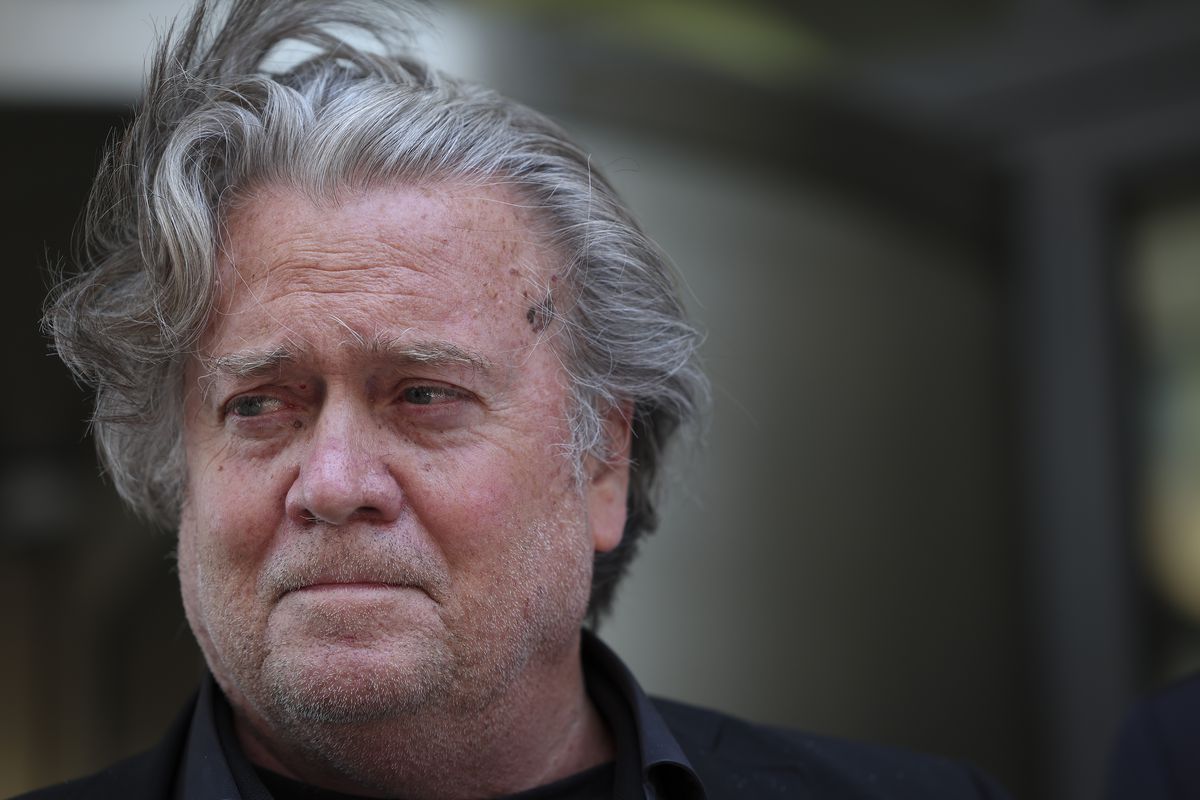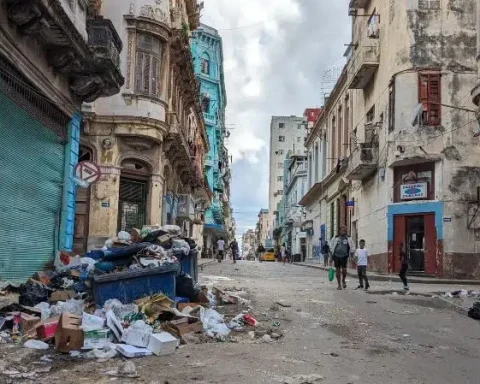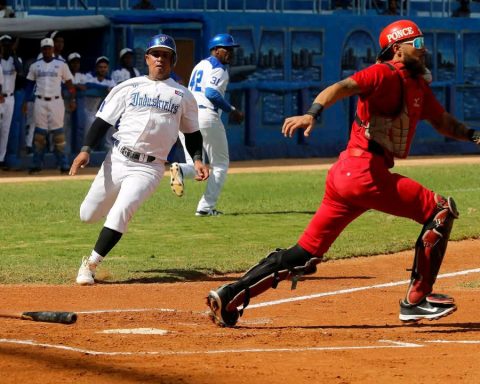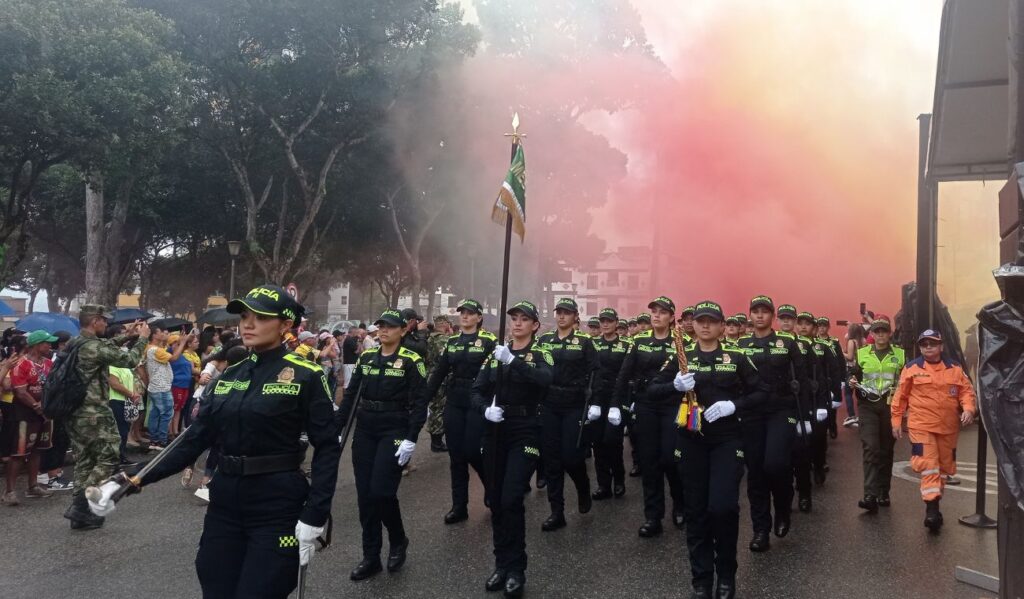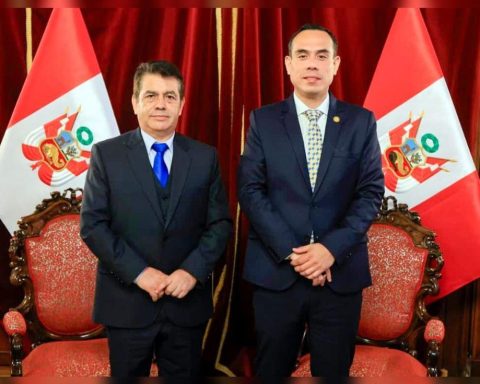The contempt of Congress trial of Steve Bannon, former campaign manager and adviser to Donald Trump, began with a direct attack by prosecutors who presented their first arguments about his refusal to attend congressional hearings on the events of January 6. , the failed coup attempt with the assault on the Capitol.
Under questioning Tuesday by Assistant United States Attorney Amanda Vaughn, witness Kristin Amerling, the lead attorney for the House Jan. 6 Committee, provided a detailed explanation of the Committee’s role, Bannon’s subpoena, and why the panel felt it was important to demand their testimony.
Amerling said that Bannon’s public statements leading up to the riots “suggested that he might have some advance knowledge of the events of January 6” and added that there were multiple indications that Bannon “might have had some conversations with people in the White House.” including the president.
In his opening statement, Vaughn told the jury that the subpoena issued to Bannon by the Committee “was not optional. It wasn’t a request, and it wasn’t an invitation. It was mandatory.” And he added: “Defendant’s failure to comply was deliberate. It was not an accident, it was not a mistake. It was a choice.”
Bannon’s attorneys argued that the charges against him were politically motivated and that the defendant was negotiating in good faith with the Committee when he was indicted.
“No one ignored the citation,” defense attorney Evan Corcoran told the jury.
In fact, Corcoran said, one of Bannon’s previous attorneys, Robert Costello, contacted a Committee attorney to express some of Bannon’s concerns about testifying.
“They did what two lawyers do. They negotiated,” Corcoran said, adding that Bannon and his legal team believed that “the citation dates were not fixed, that they were flexible.”
Bannon was charged with defying a subpoena seeking his records and testimony. He was indicted in November on two counts of contempt of Congress, a month after the Justice Department received a referral from Congress. Each charge carries a minimum of 30 days in jail and up to a year behind bars.
Appointed by Trump, US District Judge Carl Nichols had ruled that the main elements of the planned defense were irrelevant and could not be presented in court. Last week he ruled that Bannon could not claim that he believed he was covered by executive privilege or acting on the advice of his attorneys.
Outside the courtroom, Bannon launched into an extended tirade against the committee’s chairman, Democratic Rep. Bennie Thompson of Mississippi, and the audience, calling it “a show trial.”
He also repeated the debunked claim that Trump won the 2020 election and called President Joe Biden “illegitimate.”
Bannon, 68, had argued that his testimony was protected by Trump’s executive privilege, which supposedly allows him not to reveal sensitive information to the courts and the legislature.
Trump has repeatedly attempted to use executive privilege to try to block witness testimony and the release of White House documents.
In January, the Supreme Court ruled against Trump’s efforts to bar the National Archives from cooperating with the Committee after a lower court judge, Tanya S. Chutkan, noted that “presidents are not kings.”
